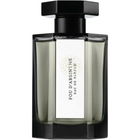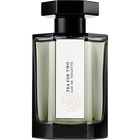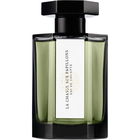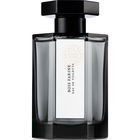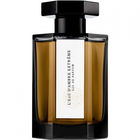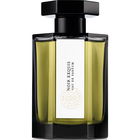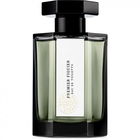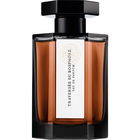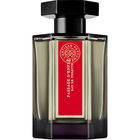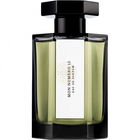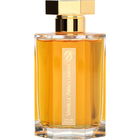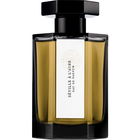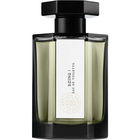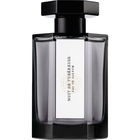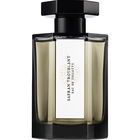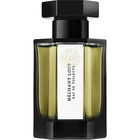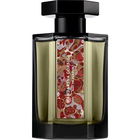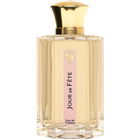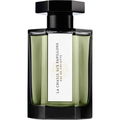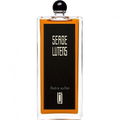
ChapeauClack
16 Reviews

ChapeauClack
Very helpful Review
8
To the introvert who favors tannic wines
I recently found myself comparing some of my summer fragrances to my favorite (or not so favorite, I'm smirking at you, Lambrusco!) wines. Turns out, I favor the same qualities in both. This string of comparative thought started in fact with Dzongkha, which I first tried a year ago today, in the sweltering heat of Beijing summer.
Dzongkha turned out to be one of those magical potions which, however much one reads about beforehand, are still pretty much impossible to be fully prepared for. The very idea of trying and describing what it actually smells like is... well, futile, due to the sheer lack of common denominators. It's herbal, but those are not your usual cooking herbs and they do not render the fragrance aromatic. Spicy, but its spices do not make it an oriental. It smells disturbingly natural, but it's not the nature one experiences by simply taking a stroll through the woods. And above all, it is dry. Dry, dry and... tannic. And just like those very dry, very tannic white wines that are almost green and make one's whole mouth feel fuzzy, it is the perfect thirst quencher.
The back story that comes with this fragrance does provide a good starting point against which to calibrate one's nose and brain for the Dzongkha experience. Think century-old trees clutching at the mountain slopes, imagine the sun-baked stones and clay structures that have been exposed to the elements for what seems like forever; feel the wind gently ruffling the wild grasses that grow in a place where none of us is likely to ever set foot, and hear it carry over a distant chant and a sound of the gong. Dzongkha reveals a mesmerizing landscape that somehow manages to shield its wearer from the rumble of the outside world and turn one's gaze inward, to a happy place within.
Given all that, it's probably a safe bet that Dzongkha is not much of a compliment getter or attractant, and as such it's not very well suited for extroverts. However, if you, like me, crave solitude more often than not, it might just happen to become your magic OFF button on the world.
Dzongkha turned out to be one of those magical potions which, however much one reads about beforehand, are still pretty much impossible to be fully prepared for. The very idea of trying and describing what it actually smells like is... well, futile, due to the sheer lack of common denominators. It's herbal, but those are not your usual cooking herbs and they do not render the fragrance aromatic. Spicy, but its spices do not make it an oriental. It smells disturbingly natural, but it's not the nature one experiences by simply taking a stroll through the woods. And above all, it is dry. Dry, dry and... tannic. And just like those very dry, very tannic white wines that are almost green and make one's whole mouth feel fuzzy, it is the perfect thirst quencher.
The back story that comes with this fragrance does provide a good starting point against which to calibrate one's nose and brain for the Dzongkha experience. Think century-old trees clutching at the mountain slopes, imagine the sun-baked stones and clay structures that have been exposed to the elements for what seems like forever; feel the wind gently ruffling the wild grasses that grow in a place where none of us is likely to ever set foot, and hear it carry over a distant chant and a sound of the gong. Dzongkha reveals a mesmerizing landscape that somehow manages to shield its wearer from the rumble of the outside world and turn one's gaze inward, to a happy place within.
Given all that, it's probably a safe bet that Dzongkha is not much of a compliment getter or attractant, and as such it's not very well suited for extroverts. However, if you, like me, crave solitude more often than not, it might just happen to become your magic OFF button on the world.
2 Comments





 Top Notes
Top Notes  Cardamom
Cardamom Lychee blossom
Lychee blossom Peony
Peony Heart Notes
Heart Notes  Vetiver
Vetiver Masala chai
Masala chai Somalian frankincense
Somalian frankincense Base Notes
Base Notes  Leather
Leather Papyrus
Papyrus Iris pallida
Iris pallida





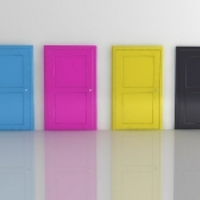

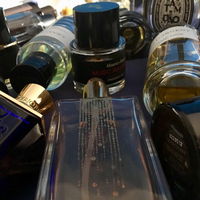

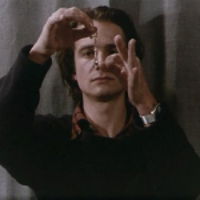

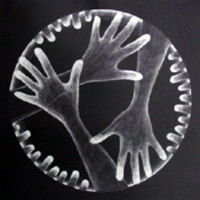

 KimJong
KimJong Hajuvana
Hajuvana Hermesh
Hermesh Eggi37
Eggi37 Xecut
Xecut Ergoproxy
Ergoproxy NuiWhakakore
NuiWhakakore Schoeibksr
Schoeibksr Smoetn
Smoetn Bloodxclat
Bloodxclat
